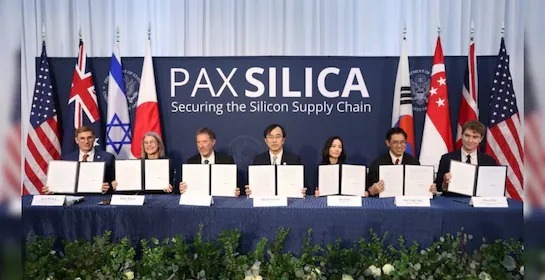I.P. Mukerji, J.@mdashThis is an application u/s 9 of the Arbitration and Conciliation Act, 1996.
2. The Petitioner claims to be a shareholder and Director of the Respondent No. 4 company, the Respondent Nos. 1, 2 and 3 being other such shareholders and Directors.
3. The Respondent No. 4 is more or less a family company.
4. On 11th September, 2000, there was a written agreement between the Petitioner and the Respondent Nos. 1, 2 and 3 with an arbitration clause.
5. I have not understood the exact implication of this agreement. It provides for a detailed scheme for internal management of the company. There are some covenants for carrying on the business of the company.
6. Apparently, the Respondent Nos. 1, 2 and 3 are on one side and the Petitioner on the other. They have fallen apart.
7. This application seeks reliefs in disputes between the parties allegedly arising out of that agreement.
8. What is very important is that the Respondent No. 4 company is not a party to the arbitration agreement.
9. The apprehension expressed in the argument by the learned Counsel for the Petitioner is that the company is proposing, inter alia, to transfer an immovable property in Mumbai, which would affect his interest as such shareholder and Director. Further, the affairs of the company are sought to be managed in a way which is prejudicial to his interest as well as those of the company.
10. I am of the opinion that such an arbitration clause does not cover the above disputes.
11. First, because the company is not a party and reliefs have to be passed against or binding the company. As a company is a legal person, quite apart from its shareholders, no relief can be claimed against the company in an arbitration proceeding, where the company is not a party to such an agreement. It is true that the company is a family concern and other persons may be its alter ego. But to bind any party by an order in an arbitration proceeding, that party must be a party in that agreement. Such formality has to be maintained, otherwise, the order would be a nullity.
12. The substance of the said agreement has been incorporated in the articles of the company, by amendment. The internal affairs of a company, which are to be conducted in accordance with the articles and the Companies Act, 1956, cannot be the subject matter of an arbitration agreement. That would plainly be against the Companies Act, 1956, which provides a detailed procedure for administration of a company and remedies for its breach. Such procedure and remedy ordinarily cannot be bypassed by an arbitration agreement. For these reasons alone, these provisions in the articles of association or the said agreement have to be enforced by the ordinary remedy. More so, because disputes between shareholders and the company, which involve the management of the company and alleged acts of misfeasance of those in control of the company, cannot be resolved by arbitration, as third parties are likely to be affected. There is also a provision for resolution of such dispute in the Companies Act itself, e.g. Sections 397 and 398, etc. so, apart from ordinary civil proceedings.
13. For those reasons, this application has to be dismissed. But nevertheless one fact is made clear. This application was bona fide filed, pursuant to the said arbitration clause in the agreement, by the Petitioner. There is some apprehension, entertained by him about some alleged acts of misfeasance by the other Respondents which might affect him and the company. Further, the Respondents, might make the reliefs that may be obtained by him in an ordinary action, infructuous, by taking some steps in the meantime, as approaching the ordinary forum may take some time.
14. In that view of the matter, I permit the Respondents to carry on business in usual course, without dealing with the fixed assets of the company in such a manner, so as to create any long term effects. Further, I direct them not to take any decision regarding the internal affairs or management of the company that would have long term effects. Such embargo is for a period of three weeks from date, to enable the Petitioner to approach the ordinary remedy under the law for redressal of his alleged grievance if so advised and if so available to him. I have not gone into the merits of the substantive dispute.
15. All parties concerned are to act on a signed photocopy of this order on the usual undertakings.

